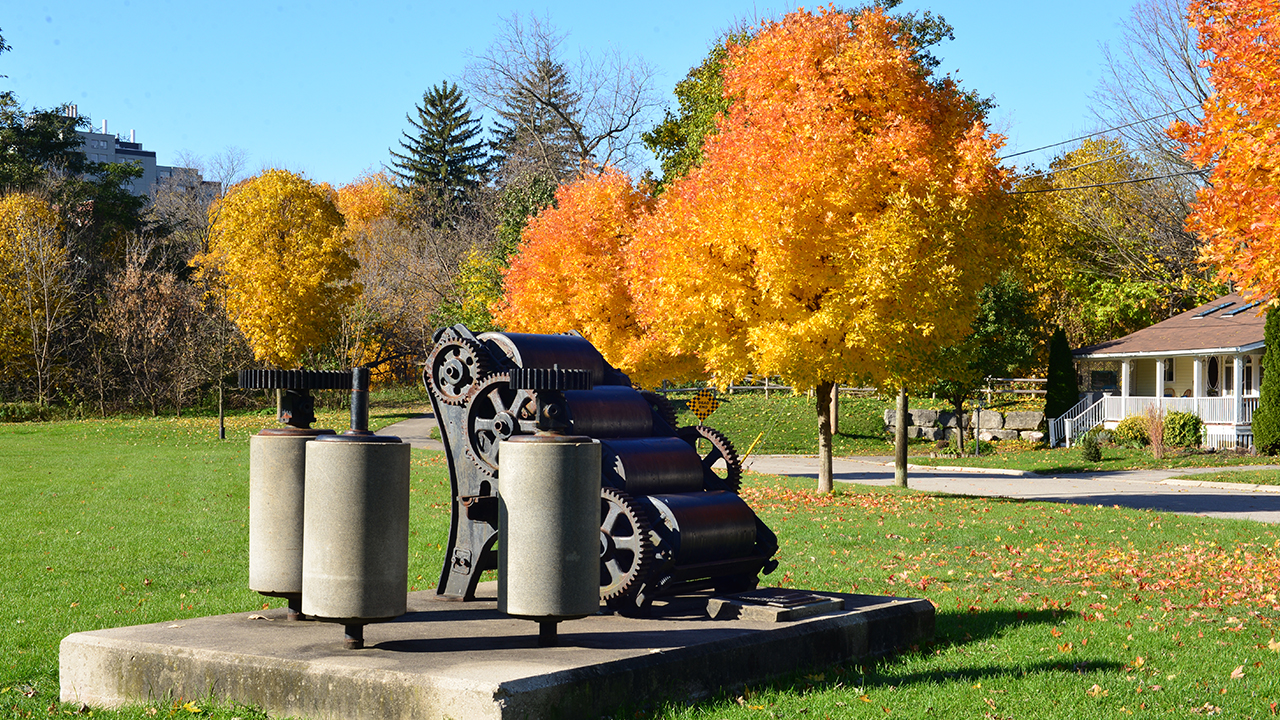Join other communities that have developed Hear, Here projects:
DOWNTOWN LA CROSSE
Wisconsin, USA
“By far, what I got most out of this project was a deeper understanding of my own community and what a project like this does for that community. I wholeheartedly admit that before this project I was ignorant as to what is going on in my own community. This experience drove home to me what history can do for the community at large, and how it can create social change.”
Calli Niemi
Public and Policy History student
University of Wisconsin La Crosse
See how La Crosse, Wisconsin, implemented Hear, Here
HEAR, HERE LONDON
London, ON, Canada
Hear, Here London developed from a partnership between Western University and the Culture Office at the City of London in 2018. The goal was to recreate a similar project to Hear, Here La Crosse. Mark Tovey, a postdoctoral fellow at Western, designed Hear, Here projects for The Village and the Great Talbot communities. Following his lead, Public History graduate students began to gather stories from the South of Horton (SoHo) neighbourhood. >> VISIT HEAR, HERE LONDON

What Makes Hear, Here Successful?
Location: All interviews should be location specific.
First Person: All stories should be told by the person who experienced the story themselves.
Historically Underrepresented and Marginalized: A proportion of the stories in any Hear, Here project should reflect the experiences of historically underrepresented or marginalized members of the community (ie. New Canadians and refugees, LGBTQ+, people experiencing homelessness, Indigenous, Black, and persons who are differently abled).
Neighbourhood: Hear, Here projects are based in sections of the city; a single long street or a neighbourhood work best for this project.
Project Name: Please follow Hear, Here nomenclature for your city in marketing (i.e. ‘Hear, Here London’ would be ‘Hear, Here: your city name’).
Oral History Collections: We utilized pre-existing oral history collections for stories that took place further back in history than today’s community would remember. We invite you to do similar work in your project.
Funds: Look into local funding agencies and consider applying for support from the Social Science and Humanities Research Council of Canada, Department of Canadian Heritage, and Young Canada Works.

Before Applying, Make Sure To:
- Read the Hear, Here Objectives
- Explore our webpage
- Make an appointment with Dr. Ariel Beaujot, Executive Director of Hear, Here by calling 608-785-6798
- If you are still interested after the initial meeting your group will go through an application process that will allow you access to How to Documents as well as further rules and guidelines
It is important that we all work together to maintain the integrity of the hear here vision

